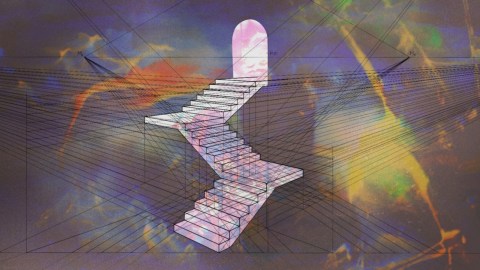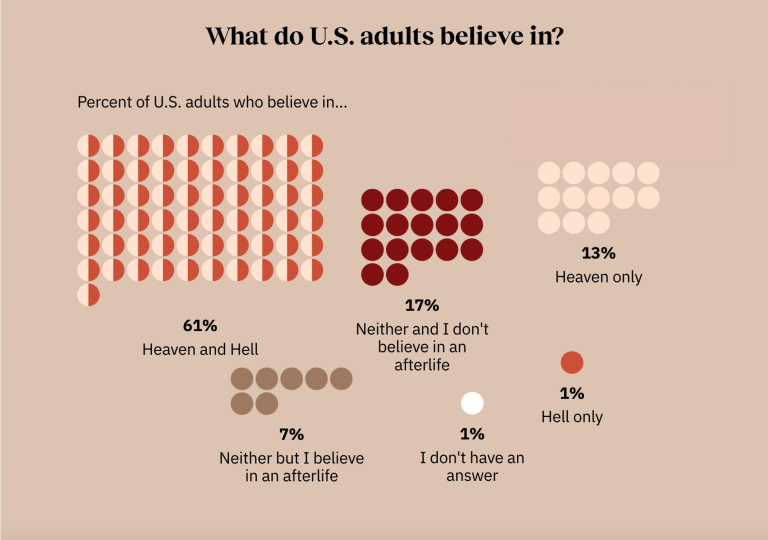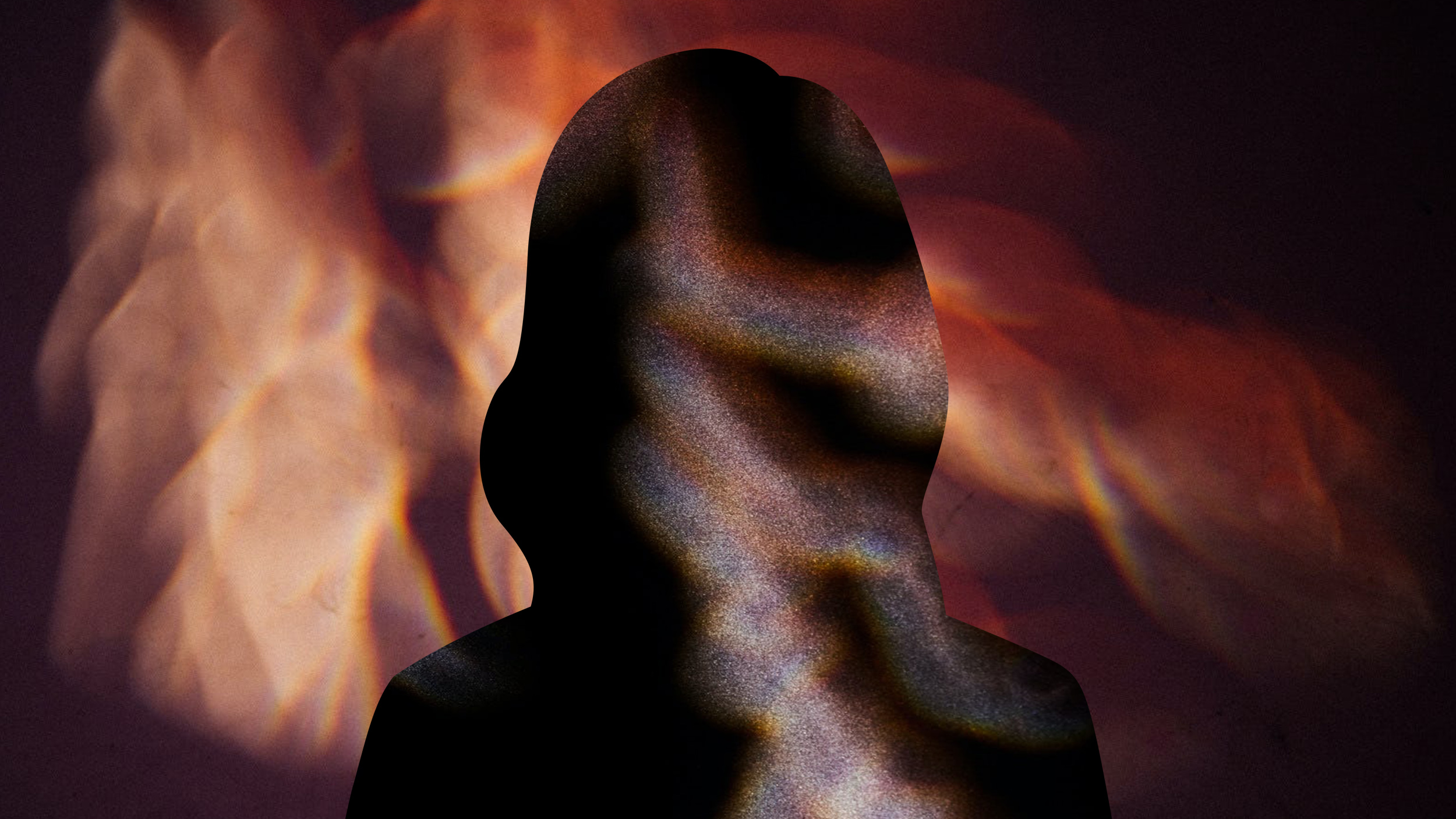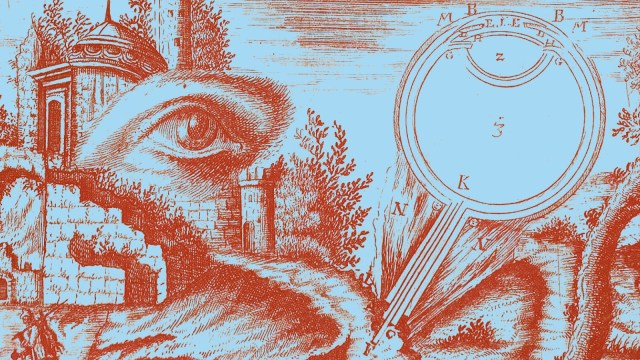Is there an afterlife? See how your answer compares to polled Americans

- Most U.S. adults say they believe in heaven and hell.
- There is more consensus on what heaven looks like compared to hell.
- With this interactive tool, you can see how your view compares to that of polled Americans.
Pew Research Center surveyed 6,485 American adults in September 2021 about the afterlife, specifically their views on heaven, hell, reincarnation, fate, prayer, and other metaphysical matters. This study primarily focused on Christians and religiously unaffiliated individuals.
What do you believe, and how do you compare to the rest of the U.S. population?
Select an option to find out how you compare to U.S. adults.
Select an option and find out how you compare to U.S. adults.
According to Pew, roughly six in ten Americans (61%) believe in both heaven and hell. In addition, more Americans believe in heaven than in hell, and roughly a quarter of Americans (26%) do not believe in heaven or hell, with some (7%) still believing in an afterlife.
What do heaven, hell, and the afterlife look like?
Select an option to find out what believers in heaven, hell, and the afterlife say about them.
Those who believe in heaven and/or hell were asked to identify the characteristics of those two places. For heaven, respondents were given nine potential characteristics and were asked if heaven is “definitely like this,” “probably like this,” “probably not like this,” or “definitely not like this.” For hell, respondents were given five potential characteristics.
Of the U.S. adults who believe in heaven, 69% said that it is “definitely” or “probably” free of suffering, where you will be reunited with loved ones who died previously (65%), where you can meet God (62%), where we will have perfectly healthy bodies (60%), and where we can be reunited with pets (48%). Of those who believe in hell, 53% say that people “definitely” or “probably” will experience psychological suffering, will become aware of the suffering they created in the world (53%), will experience physical suffering (51%), cannot have a relationship with God (49%), and can meet Satan (44%).
Respondents who do not believe in heaven or hell but still believe in an afterlife were asked to describe the afterlife in their own words. Within this group, roughly one in five (21%) believe that one’s spirit or energy lives on, while a smaller share expressed belief in reincarnation (17%), an existence without suffering (11%), rejoining the universe (8%), and a place that will allow us to learn and grow (4%).
One respondent described the afterlife as “a resting place for our spirits and energy. I don’t think it’s like the traditional view of heaven, but I’m also not sure that death is the end.”
Belief about heaven is more uniform
This survey showed that more Americans believe in heaven than in hell or a generic afterlife. Also, among believers, there is more consensus on what heaven looks like compared to hell.
The data for this article came from the Pew Research Center. Click here for more on our original project.






